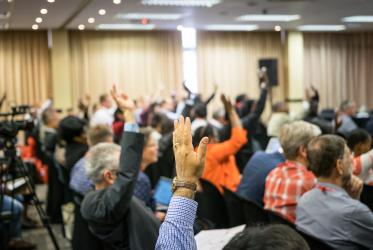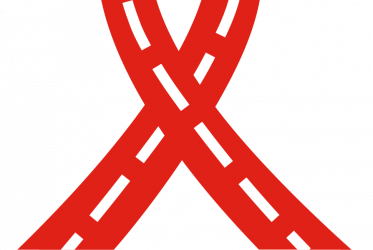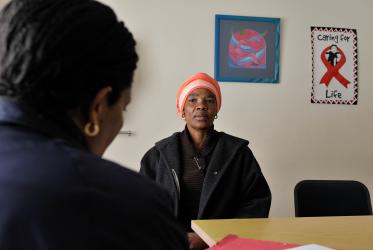Displaying 361 - 380 of 478
Children are being let down over HIV care
17 July 2016
AIDS 2016: “Stigma kills more people than HIV”
17 July 2016
AIDS 2016 Media Guide
15 July 2016
In Ghana, women bring open minds, honest words
05 July 2016
Local work by faith-based groups key to ending AIDS
27 June 2016
United Nations High Level Meeting on AIDS
06 May 2016














